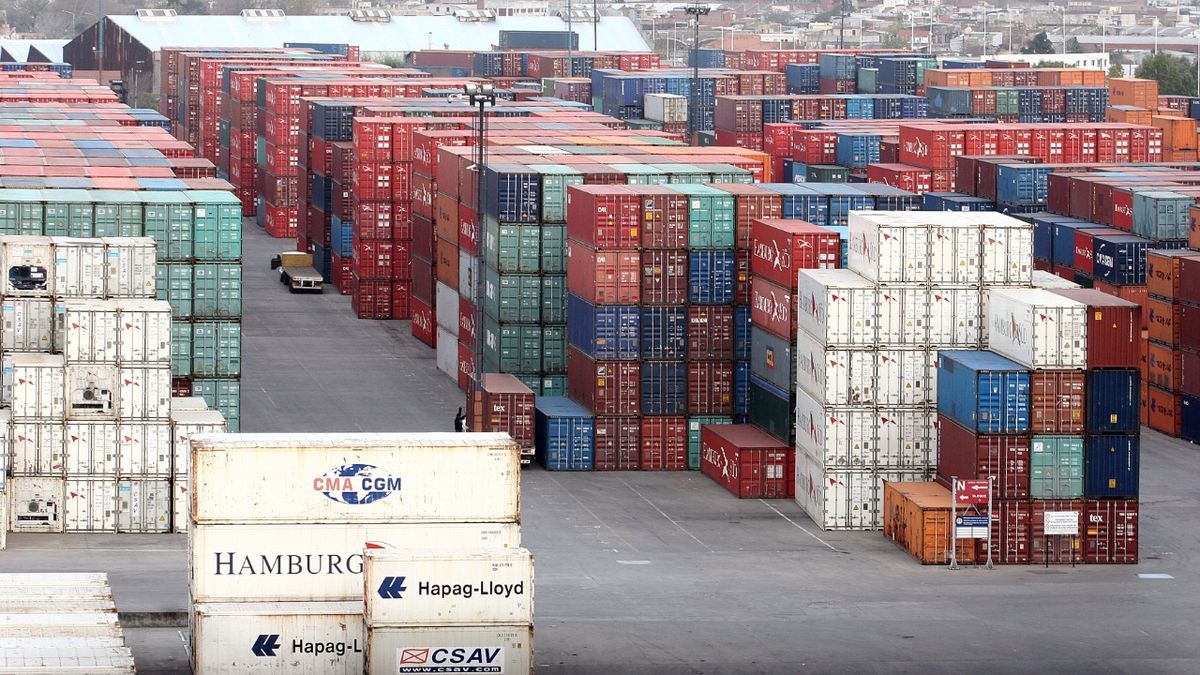The job has just been published “The Salary Premium of Argentine Exporting Companies”, recent work of CEP XXI / Center of Studies for Production, of the Ministry of Productive Development. With numerous data a very encouraging conclusion is reached. I quote verbatim: “The results indicate that, keeping all the rest of the variables constant, there is a gap of 29.8% between the wages of exporting firms and those of non-exporters.”
I continue to quote some paragraphs:
“There are several reasons why an export company is expected to offer higher wages than a similar company that does not sell its production internationally. In the first place, because exporting firms generally have a technological, organizational or scale advantage that makes them more productive and that is precisely the reason why their salaries are, on average, higher. Penetrating international markets implies paying non-trivial entry costs; then, it is reasonable to think that this cost can only be borne by a company that, initially, is part of the most productive segment of the local network. “
“Second, due to the phenomenon known as learning by interacting (also called, in this case, learning by exporting), export involves interaction with clients, intermediaries and regulatory agencies of other countries. This interaction can be intrinsically valuable, by promoting in a local firm the acquisition of useful productive skills or the application of higher quality standards. “
“The evidence indicates that a more powerful, modern and efficient productive network will grant its workers better compensation, and will thus contribute to improving the population’s living conditions and reducing the poverty rate.”
EXPORTS.jpg
Pixabay
These results are similar to the intuition that we have to sell more quantity, at a better price, it should give positive results for all those involved. In addition to the usual arguments for generating foreign exchange and improving quality with Sustainable Development, a powerful argument is recognized, such as the impact on real wages.
However, exports are subject to various difficulties and additional taxes to those of the rest of the economy. We have regulations such as the obligation to settle foreign currency at the official exchange rate, in many cases before charging, input costs that are paid at a different exchange rate, price controls, regulatory difficulties that go as far as the export ban, logistics with high costs and of course, lack of credit. We thus have an anchor that prevents us from moving forward.
If with all these problems it is still possible to export, imagine what could be achieved if these difficulties were to disappear. As exports grow, the income of all related sectors would increase. Of all the measures that a government can take, it is the one that would have the greatest and fastest impact. I remark that I would have a strong federal imprint since all the provinces have sectors whose exports can grow.
Economist – CEMA University
Source From: Ambito




